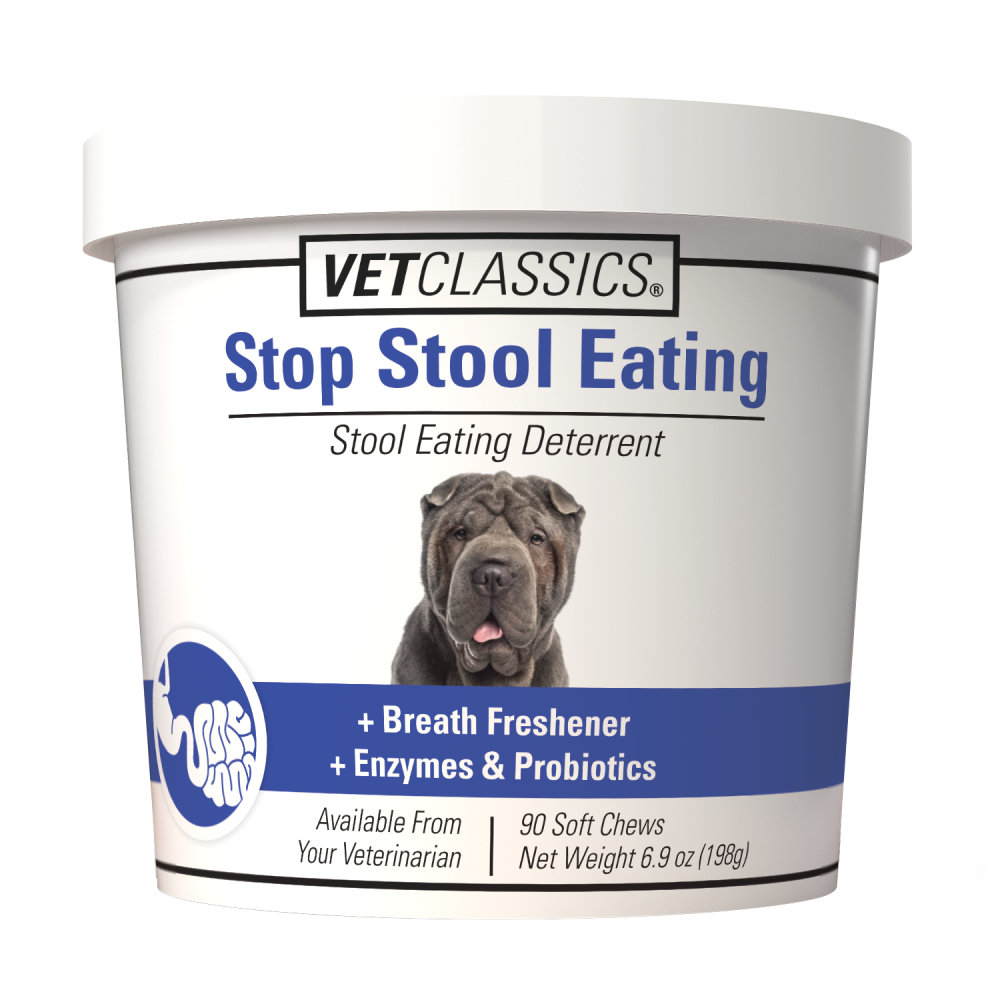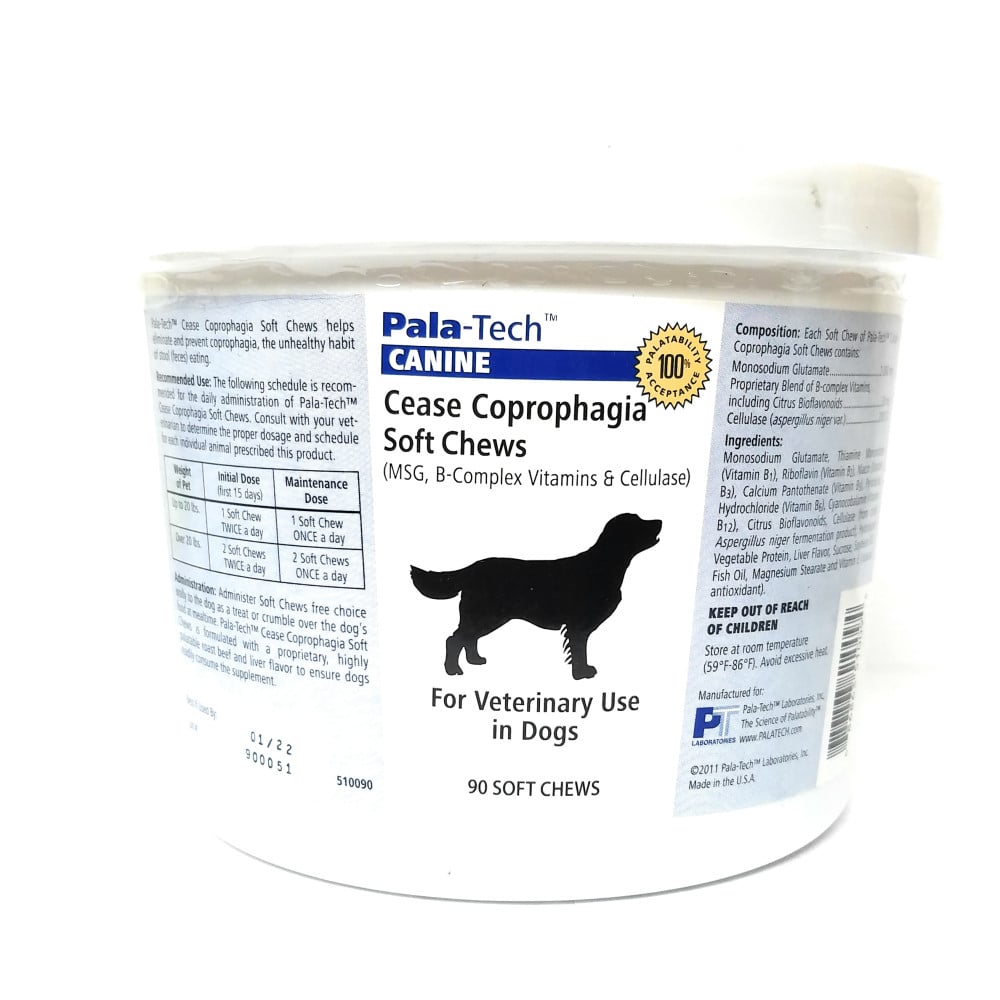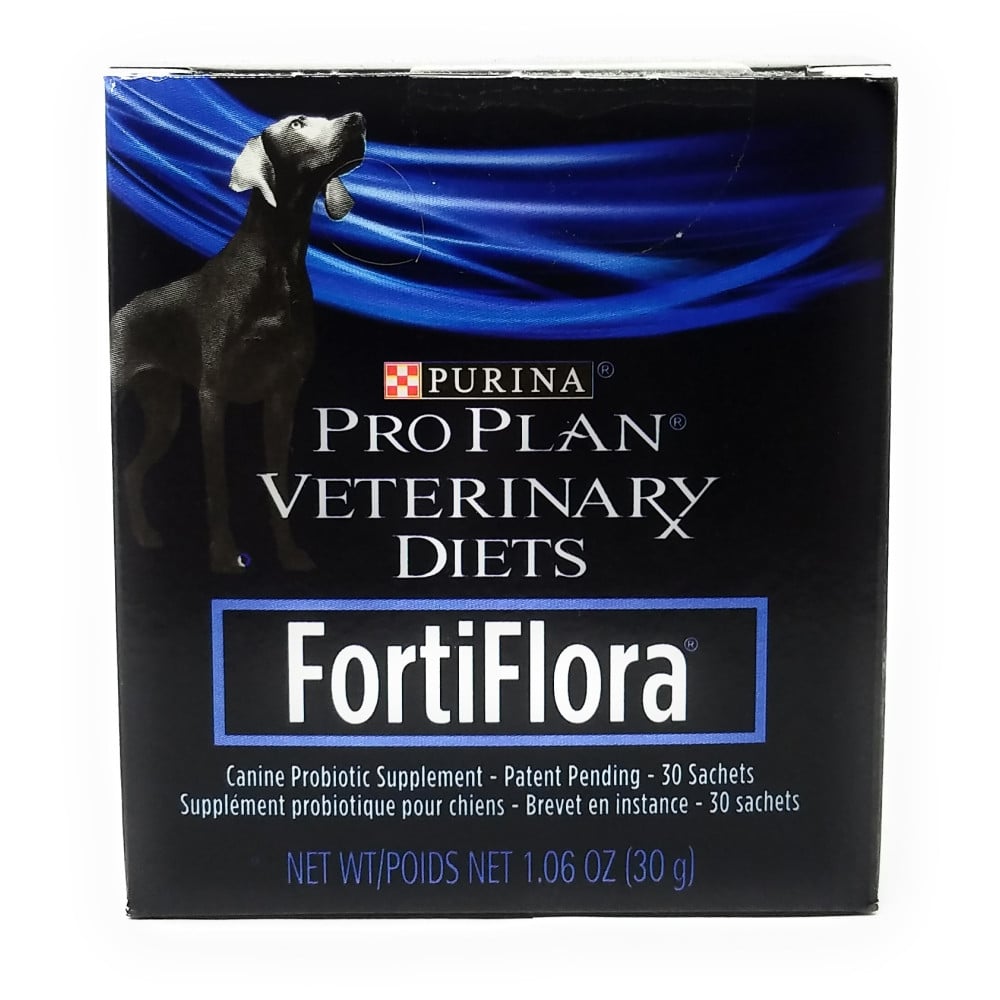Household Medications & Home Remedies for Large Dogs
Below is a list of human medications commonly found in the average household. These same products can be used in Malamutes and are especially useful if you can't reach a veterinarian immediately, but should NOT be used as a substitute for good veterinary care. Some products safe for dogs are toxic to cats. Below are some dosages and common uses for dogs and cats. Also, if you have a Meijer Thrify Acres many antibiotics are free - including for your dog!. You can save a bundle by having your vet write a prescription (if it's something that isn't needed immediately) for meds and buying online. Don't forget that Meijers and Walmart will fill certain prescriptions for free - and that includes for pets too!. Heartworm, Thyroid, and other meds are much cheaper when purchased online vs. buying at the veterinarian's office. If you need antibiotics, you can often use fish antibiotics - they are the same for humans, dogs and fish.
| Product | Canine Dosage | Feline Dosage | Common Use |
| Buffered Aspirin | 5 mg. per pound every 12 hrs. | Toxic - not recommended | pain relief, anti-inflammatory Note: do not give for more than one week straight without advice of a veterinarian, can cause ulcer in susceptible dogs |
| Benadryl | up to 2 mg. per pound every 8 hours | same as canine | treat allergies, itching, etc. |
| Dramamine | up to 50 mg. every 8 hours | up to 10 mg. every 8 hours | used to reduce motion sickness |
| Hydrogen Peroxide 3% | 10 ml by mouth every 15 minutes | same as canine dosage | used to induce vomiting after accidental ingestion of a poison |
| Kaopectate | 1 ml per pound or kg every 2 hours | same as canine dosage | for diarrhea |
| Tylenol (Acetaminophen) | Toxic - not recommended | Toxic - not recommended | Do not use |
| Mineral Oil | up to 4 tablespoons daily | up to 2 teaspoons daily | used to eliminate constipation |
| Pepto Bismol | 1 tsp. per 5 pounds every 6 hours | Not Recommended | used to relieve mild vomiting or stomach gas, diarrhea ---- However, if the dog is attempting to vomit and cannot, is crying or the stomach feels hard to the touch - you have only minutes to get him to a vet. This is gastric torsion and a serious life-threatening EMERGENCY! |
| Di Gel Liquid | up to 4 tbs. every 8 hours | up to 2 tbs. every 8 hours | antacid and anti-gas |
| Immodium Liquid body weight every | 0.1 mg per kg | every 8-12 hours. | for diarrhea |
| Cranberry Juice Concentrate | 1/4 c. to bowl of water | Encourage to drink often and as much as possible. | For urinary tract infections - can be given with antibiotics - keeps bacteria from sticking to the walls of the bladder. Some dogs will not drink the juice, if so, capsules are available. |
Home Remedies & Preventatives
These are home recipes I've used or have been told about from other breeders. Here's the disclaimer: Use at your own risk! None of these is a substitute for good veterinary care but if you're in a pinch financially, they might save you an expensive trip to the vet. If the problem persists, suck it up and take the dog to the vet - it's not worth it to make him suffer or get sicker because you're being cheap! That said, a lot of home made recipes work just as good as expensive ones. We are blessed to have a vet that understands this and is willing to offer these kinds of suggestions whenever they may prove useful. Use your judgment and discretion and if you have ANY DOUBTS, discuss it with your veterinarian!
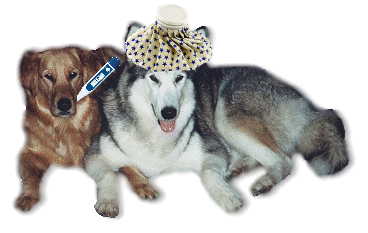 Yeast Ear Infections (NOT for bacterial infections)
Yeast Ear Infections (NOT for bacterial infections)
If your dog has a history of yeast infections regularly (you'll need to have had it diagnosed previously) than sometimes this will work as well as the expensive vet visit and medicine. Do NOT assume all infections are yeast - a bacterial infection will require antibiotics and different meds.
Directions for mixing the solution together:- Pour six ounces of isopropyl alcohol in to a plastic applicator bottle.
- Add one and a half teaspoons of boric acid powder.
- Be careful not to get any boric acid on your skin or clothes. If you do, wash it off immediately.
- Shake the solution extremely well, until the boric acid powder is dissolved, or for five minutes, whichever comes first.
- Add two ounces of white vinegar.
- Shake the solution some more, until the boric acid powder is dissolved.
- Add one teaspoon of the Betadine antiseptic, and shake it up some more.
- Be careful not to get any Betadine on your skin or clothes. If you do, wash it off immediately - it stains..
- The ear cleaning solution is now ready to use. Always shake well before using.
To use the ear cleaning solution:
- It is recommended that you use the ear cleaning solution in your garage or outdoors, as the dog will shake it out of his ears and it will fly in to the air and stain things.
- Squirt the solution inside your dog's ear until the ear canal is completely full. Massage the outside of the ear to help slosh the cleaning solution around inside. Release the dog and let him shake out the ear cleaning solution from his ears.
- If you get any of the ear cleaning solution on your skin, wash it off as soon as possible.
- Be sure to shake the solution up really well before each and every time you use it. The boric acid has a tendency to settle at the bottom of the bottle. Store at room temperature.
- Use the cleaning solution daily until you start to see some improvement. Gradually cut back to once per week when you are happy with the condition of the ear. When the ear seems completely free of infection, you can go two weeks between treatments.
How it works: Makes the ear canal an acid environment that makes it difficult for bacteria and yeast to grow, eventually killing them. I haven't used this solution personally.
Homemade Otomax for ears
We occasionally go through periods of one dog or another getting ear yeast infections characterized by smelly, reddish guck and possible bleeding from scratching. Our vet has prescribed Otomax which usually works great - but is expensive (1.5 oz tube about $15-30). I found this homemade Otomax "Blue Powder Solution" on the Internet and of course since finding it, have not had any ear problems! This is similar to the one above.
16 oz Isopropyl Alcohol
4 tablespoons boric acid powder
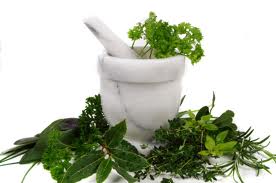 16 drops Gentian Violet Solution 1%
(stains)
16 drops Gentian Violet Solution 1%
(stains)
Shake well before use.
STAINS!!! So apply where it won't make a mess if the dog shakes his head!
If problem remains, Apple Cider Vinegar 2 tablespoons to 1 cup of water.
EXTERNAL USE ONLY
Irritated Skin & Eyes
Spray Chamomile tea on minor skin irritations. Make tea, put it in a spray bottle in the refrigerator, and apply it to your pets raw skin. Vitamin E is also helpful for affected areas. If there's an itch, oatmeal can help. Use baby oatmeal (or fine-grind your own), add a little water, and rub the paste onto itchy areas. Leave on for 10 minutes and rinse with warm water. A chamomile tea bag can be used to soothe irritated eyes too.
Rehydrate a Sick Dog using flavorless electrolyte drinks, like sports waters and pediatric drinks. They can help a sick dog recoup necessary fluids after a bout of diarrhea or vomiting. (Check with you vet about how much to give.)
Cranberry juice increases urine acidity resulting in a reduced chance of blockages or infections. You can add cranberry powder to food, or cranberry juice to the water, or give your cat a cranberry capsule. Ask your vet about proper dosages.
Canned Pumpkin is the best method of getting your older dog 'regular'.
If your pet seems to be straining, and makes frequent toilet attempts, constipation may be the problem. Adding canned pumpkin or diced prunes (no seeds or pits -they are toxic!) to food could get things started again.
For a sever case, try mixing in a tablespoon of Milk of Magnesia.
Probiotic supplements for dogs are widely available through veterinarians and over-the-counter. Coates recommends ones that are made by reputable companies and that have the National Animal Supplement Council (NASC) seal on the label to ensure that you are purchasing a safe and effective product.
Aloe Vera for itching
While aloe vera is a great cure for skin disorders in humans, it is also suitable for dogs. Due to its natural antiseptic and antiparasitic nature, aloe vera is a great remedy for itchy skin in dogs. This natural soothing agent can provide instant relief from itching and scratching, caused by parasites or allergies.
- Give your dog a nice soapy bath.
- Allow the fur to air-dry, then apply fresh aloe vera gel on the skin. There is no need to rinse the gel off the skin.
- Do this once daily and you will soon see the results.
DE-SKUNKING SHAMPOO
If you've ever had a dog meet skunk situation, you'll appreciate this one. It was given to me by a professional dog groomer.
- 1 quart FRESH 3% hydrogen peroxide
- 1/4 cup baking soda
- 1 teaspoon liquid soap (Dawn is best and gentle)
Apply liberally and work into the coat. Rinse thoroughly.
How it works: The ingredients nullify the smell of the skunk spray.
BASIC HEARTWORM PREVENTATIVE
We've used this for 3 years now and it works just as well as the expensive Heartguard stuff. It's a lot less expensive when you have multiple dogs and you can even dose it more accurately since you go by 10 lb. increments vs. the wide range on the box which may be overdosing a dog on the lower end of the range. Not everyone will feel comfortable doing this...so tried to make the measurements as easy as possible. Make sure you get the correct syringe - it's VERY tiny - you want 0.1 cc's NOT 1.0 cc's! Always get a heartworm test before starting any heartworm meds or you may get a false negative the next year. Measure accurately. The actual recipe was found on the Internet and confirmed by a vet, but I am not a vet so this is totally at your own risk.
- 16 oz. bottle of FOOD GRADE propylene glycol - about $20
- 1 bottle of ingestible 50 milliliter Ivomec Cattle/Swine Ivermectin - about $40
Mix together and shake before use - to be given ORALLY - not injected. Use the EXACT sizes indicated. You'll need a syringe without the needle marked in 0.1 cc's or mililters (they are the same). Refrigerate. Good for 2 years - at which time throw it out and make a new batch - yes, you'll be throwing out most of it...so you may want to share/go in with others when you make it. Does NOT protect against whipworms, roundworms or other worms beyond heartworms! Give 0.1 ml per 10/lbs body weight once a month. Do not use for puppies under 9 months or small dogs. I squirt the required amount on a piece of bread and then put a dab of peanut butter over it...they scarf it down!
MINOR BLADDER INFECTIONS
Cranberry juice or pills. Give 1 - 2x a day. If you're using the juice, pour it over food. Some dogs do not like the taste of the juice so you have to use the pills.
HOT SPOTS
Gold Bond Powder, Desenex powder, or even Lomitrin (anything for athlete's foot or yeast infection) works very well for hot spots. Clean the hot spot with peroxide and dry well. Put on powder and recheck every 12-24 hours and reapply if necessary. Keep dry!
WORMS
Prevention
If you grind up pumpkin seeds and put it in your dog's food, then your dog will never get worms. You only need to add a little of the crushed pumpkin seeds for this to work, you need only add 1/4 teaspoon daily. You can do this for two weeks and then add wheat bran to your dog's diet. You need to make sure you soak the bran in water, and then add 1/8 of a teaspoon for every 10 lbs for larger dogs, but then only a pinch for smaller breeds. The beauty of this is it's natural and will save your having to treat your dog for worms.
Removal
There are actually five kind of worms that can attack dogs. They are roundworms (Toxocara canis,Toxascaris leonina), hookworms (Ancylostoma caninium), whipworms (Trichuris vulpis), tapeworms (Dipylidium caninum) and heartworms (Dirofilaria immitis). Except the heart worm, all the other four kind of parasites (hook worn, round worm, tape worm and whip worm) are found in the intestine. As the name suggests, the heart worm lives within the heart and the blood vessels. Remember some worms are of the type zoonotic, which means they are easily transmitted to human beings and do the same kind of harm. I strongly recommend you don't "guess" at whether your dog has parasites and what kind. It's not expensive to take a fecal sample into the vet and get it read to know for sure.
Natural methods of treating the dog worm are helpful because they are really effective with very little or almost no side effects.
Fennel: Fresh fennel seeds help worm expulsion. It is extremely beneficial for puppies or a dogs with colic. You can give your dog a cup of fennel tea every day after meal to ensure proper digestion. For pregnant bitches fennel tea has immense benefit, as it enhances milk production.
Wormwood: The best herbal remedy for this is wormwood or Artemisia Absinthinium.(scientific name). Wormwood is a digestive tonic and has calmative properties which help the dog to expel existing worms. Wormwood is very much beneficial to dogs - especially the dogs with poor digestive system. With its calmative properties, wormwood can be given to stimulate your dog's gastric juice and bile. By feeding wormwood to your dog, you can treat dog worm effectively.
Pumpkin Seeds: Giving pumpkin seed is a natural remedy for tapeworm infestation. Grind some fresh seeds of pumpkin and make a paste. Feed it to your dog every morning in empty stomach. This will be of good effect if your dog is infested with tape worms.
Raw Turmeric and Salt: This is again a good and effective natural remedy for intestinal parasites in dogs. Grind 5 to 6 medium pieces of raw turmeric and quarter TSP of salt to make a paste. Feed it every morning in empty stomach.
Clove: Clove is highly anti-parasite. Eugenia Caryophyllata or cloves, something that you may even have around the house for cooking purposes. Cloves possess strong agents capable of detoxifying your dog of worms, and they are also a strong anti-parasitic. The dose is 1 clove per 10 lbs. body weight. This will definitely act as a good de-wormer. Do not give clove continuously for a long time. Every alternative week for a couple of months will be enough for a large dog.
Diatomaceous Earth: Food Grade D-earth is supposed to help kill worms and is safe for Malamutes. Put a tablespoon in his food at every meal for about a month.
Remember that the dose of the above naturally treatment will depend on a few factors. While treating dog worm naturally you must take into consideration the breed of your dog (toy, small, medium, large or giant), age your dog, body weight and most importantly the degree of infestation. Remember, if your dog is heavily infested natural remedies are not going to be enough.
CRAZY GLUE for cuts, minor wounds
Yes, crazy glue. The best thing around for patching a malamute up after a minor fence fight. If you would have gone to the vet for a couple of stitches, this works just as well or even better. It is the all time BEST thing for "suturing" feet. Just make sure to allow space for the wound to weep (so the puss/infection can come out) and watch closely for signs of infection - red, swollen, especially with "streaks" as that can mean blood poisoning. If it's too serious, go to the vet and get antibiotics...but for minor cuts, crazy glue works great! (you did know they use a sterile grade for heart surgery didn't you?) Use lots of peroxide and soak in epsom salts and wrap to keep clean and dry if it's a foot you are home doctoring.
TO WHITEN WHITES
Want to whiten your malamtues' whites? Tear stains? Use MOM - Milk of Magnesia. Rub it in, let it dry, brush it out. Also laundry bluing works when giving a bath. Put it in a spray bottle and spray on legs. Don't get either in the eyes!




